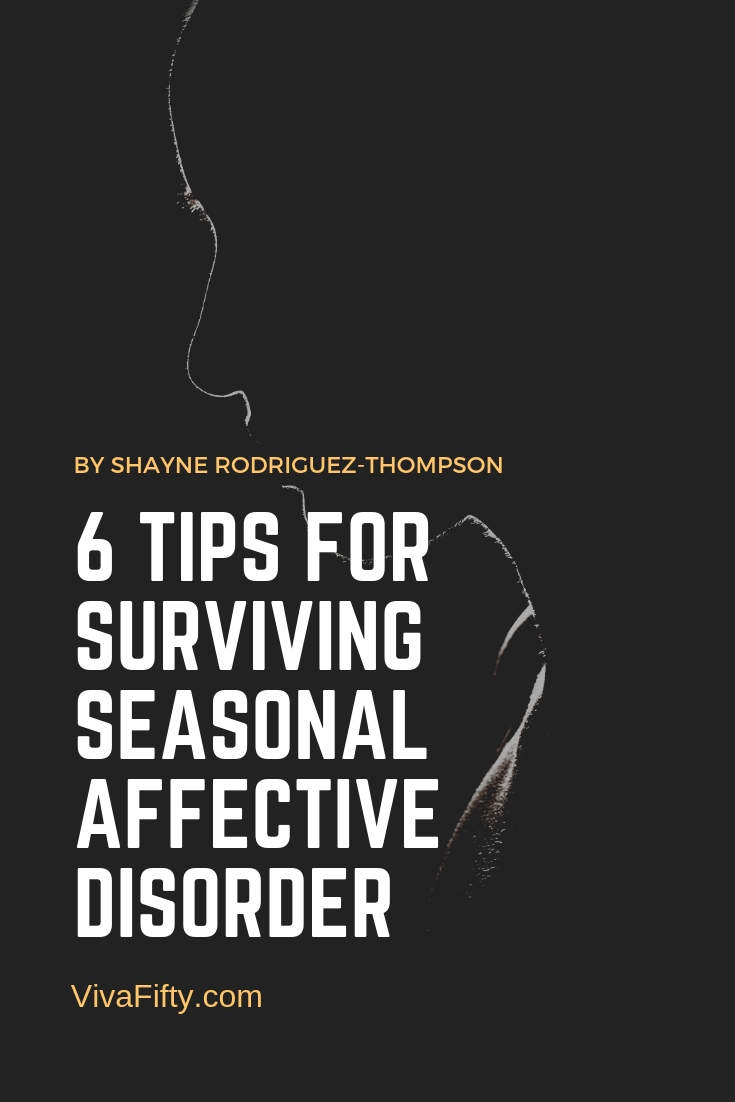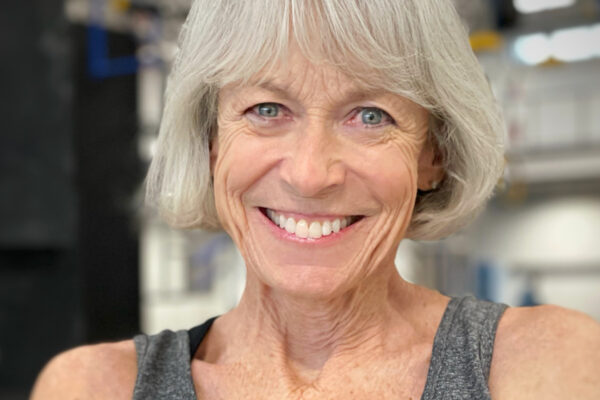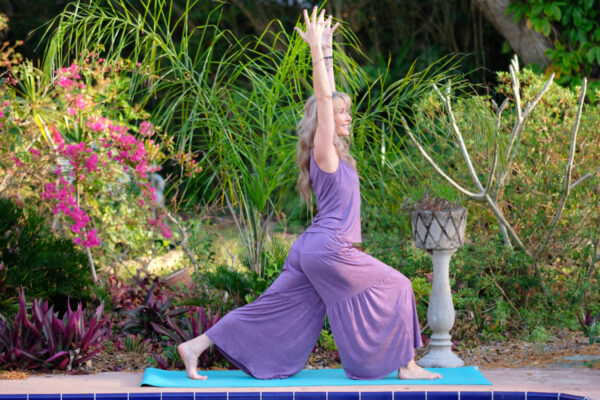The end is in sight, but winter is not over yet. Most places in the United States are still in the thick of winter’s cold, dreary days even though Spring is technically just under a month away.
It’s dark, it’s rainy and many of us are seeing more snow than we’ve seen all season.
What is Seasonal Affective Disorder (SAD)?
While, the occasional sunny day may give you a glimpse of what’s to come, if you suffer from Seasonal Affective Disorder (SAD), this may be the hardest stretch of winter to get through.
SAD is depression that is triggered by the change in seasons—typically beginning in the Fall and lasting through the end of winter.
Many people who experience SAD suffer from persistent unhappiness, fatigue, weight gain or loss and irritability among other symptoms.
Like any form of depression, SAD should be taken seriously and people who suffer from it should seek treatment which may include light therapy, counseling or even medication.
However, beyond the doctor’s or therapist’s office there are some other things individuals suffering from SAD to supplement or augment their treatment.

Meditation
Meditation is scientifically proven to reduce stress and control anxiety. It can be difficult to sit with your own thoughts though especially if you’re not enjoying great mental health.
To get started, try some guided meditations first (check YouTube) and then once you build a habit of daily meditation you can give it or go on your own–or don’t.
Stick with whatever works best for you, but with consistency, you’re sure to see benefits.
Yoga
While meditation and regular yoga practice can serve up a double-whammy of mood-boosting benefits, either one alone can work wonders as well.
If you’re generally a more physical person, committing to daily yoga–even if your practices aren’t very long–can help reset your mood and realign your body so that you feel both mentally and physically better.
At a bare minimum it gives you something to do when you’re stuck in the house on a cold, wintry day and gets your blood circulating so that your body’s systems are functioning more adequately.
Essential Oils
While most evidence of the benefits of essential oils is anecdotal, they have been used to cure all sorts of ailments almost since the beginning of time. It’s definitely worth a try!
While some oils can be applied topically when combined with a carrier oil, the easiest way to start reaping the benefits is to use an essential oil diffuser.
Lavender oil is one of the most popular and is great for reducing stress and anxiety, and most citrus oils including grapefruit, lemon and orange oils are excellent mood boosters and promote increased energy.
If SAD is affecting your ability to concentrate, give peppermint oil a try.
The Outdoors
Get outside, even if it’s cold out. Bundle up and go for a walk or a hike.
The exercise will increase blood flow to your brain and release happy-making endorphins, and the fresh air will have great benefits on your breathing as well as for your mental clarity.
Even a short time will do, but try to spend at least a few minutes outside a few times per week.
Vitamin D
Since so many people spend tons of time indoors–especially during the winter months—medical professionals are seeing more and more cases of Vitamin D deficiency, which has been scientifically linked to depression and will only worsen your SAD symptoms.
A simple blood test can cue you into whether you’re Vitamin D deficient and should supplement.
Many people have reported excellent results with Vitamin D supplementation and depression.
Friends
Invite a friend out! It may seem like everyone is holed up for the winter, but chances are your besties need to get out just as much you do.
Meet for coffee or tea, go to an exercise class together, go out for dinner, go dancing. Just do something with other people.
Even introverts will benefit from a bit of fun with people they care about.
Lastly, Daylight Savings Time starts in just a few weeks and you’ll soon have longer, sunnier days to look forward to!
Also read: Mental and emotional benefits of gardening






Leave a Reply